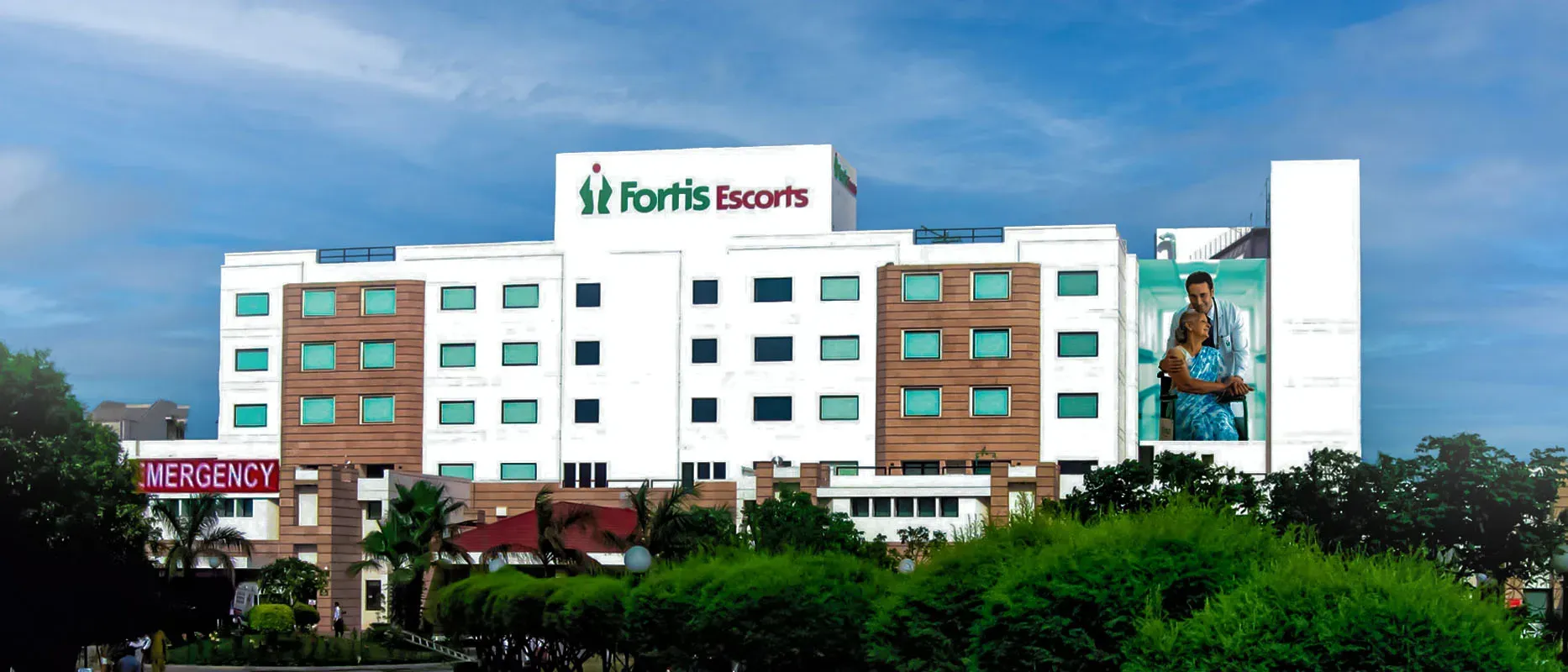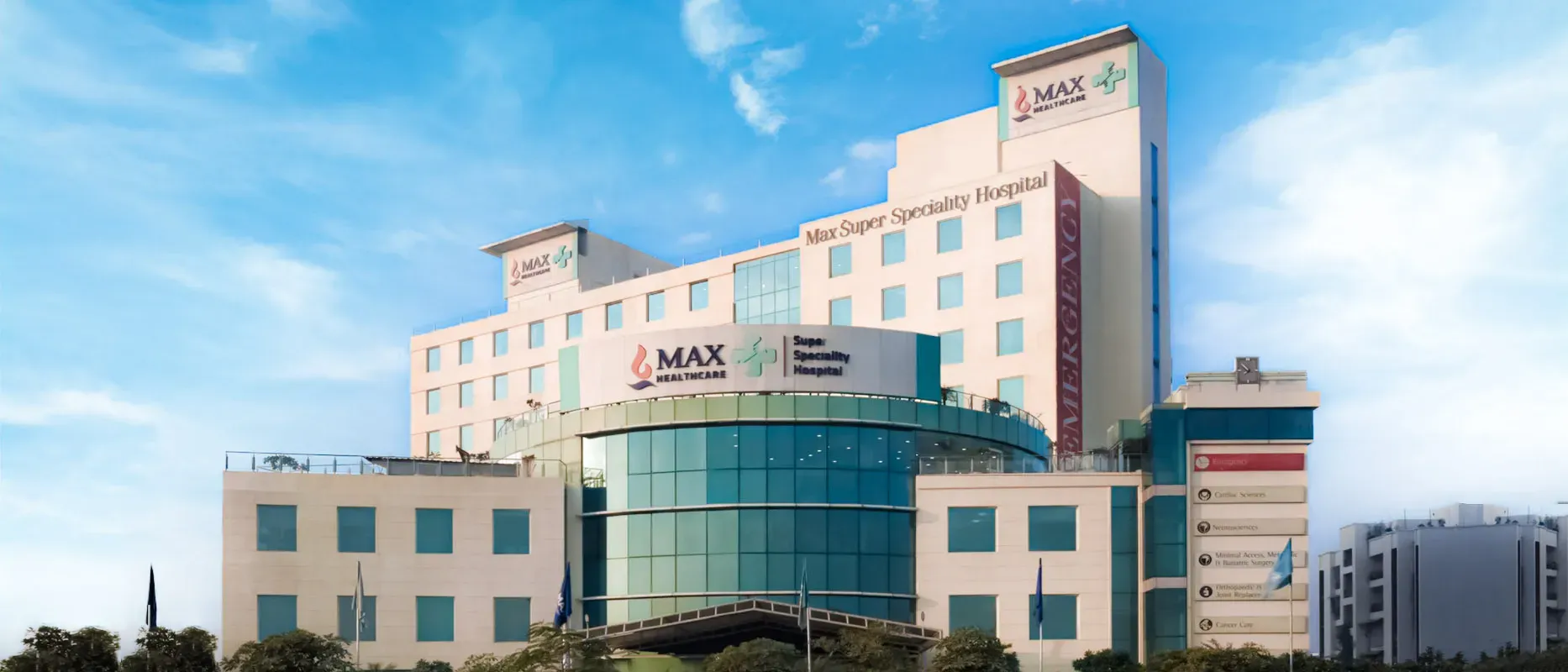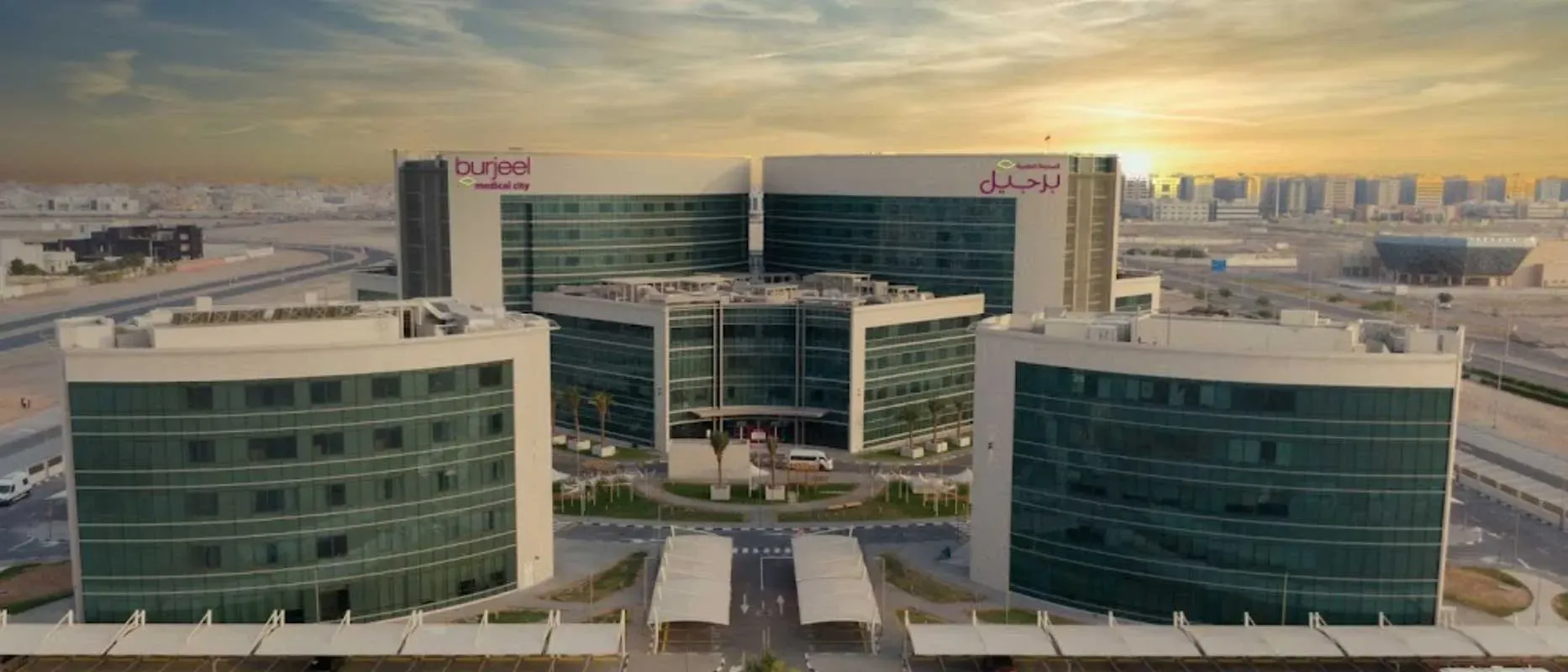Overview of Spine Decompression Surgery Treatment India
Spinal decompression is a surgery in which the compressed structures in the backbone are released. It may be the spinal cord or its roots. When these structures compress in the spine due to any reason, they cause symptoms of pain and numbness and weakness of muscles. So spine decompression surgery is performed to release the compressed structures which reduces the symptoms. When the structures compress in the neck area of the spine, symptoms appear in the arms and hands. And when the structures compressed in the lower back of the spine, the pain and weakness appear in the legs. Spine decompression surgery in the lower back is the most common. The main goal of this surgery is to create more space within the spinal canal (from where the nerves pass), that can decrease the pain and other symptoms associated with nerve compression. After spine decompression surgery, most of the patients start walking within the first week and patients can return to normal activities of daily living after 2-4 weeks. But it also depends on the type of procedure performed and the general health of patients. Spine decompression surgery has a fast recovery process as compared to other spinal surgeries. Although spine decompression surgery has an excellent success rate, it also carries some risks along with it.
Types of Spine Decompression Surgery Treatment India
The types of spine decompression surgery are:
- Laminectomy
- Endoscopic discectomy
- Foraminotomy
- Corpectomy
- Facetectomy
- Osteophyte removal
Laminectomy
The lamina is the bony arch in the spine that can compress the structures in the surrounding. In this procedure, a part or the entire lamina is removed. It increases the space which relieves pressure on the spinal cord or nerves and reduces symptoms.
Endoscopic Discectomy
This is a minimally invasive procedure that involves the use of an endoscope. By using a small incision, the endoscope inserts into the affected area for the clear view and then the surgeon removes the herniated disc material.
Foraminotomy
In this procedure, the surgeon widens the opening (foramen) from which nerve roots exit the spinal canal. By removing bone or tissue in the opening that is compressing the nerve, symptoms can be relieved.
Corpectomy
A corpectomy involves the removal of the part of the vertebra along with adjacent discs and tissues. This procedure is typically performed when there is compression due to bone spurs, tumors, or fractures. The removed portion is often replaced with a bone graft.
Facetectomy
This surgery involves the removal of part of the facet joint, which connects one vertebra to another. It relieves pressure on the nerves. Facetectomy is performed in combination with other spine decompression surgery.
Osteophyte Removal
The bone can be formed along the edges of the spine which causes compression and nerve irritation. The surgical removal of these bones can help in eliminating symptoms and decompress the spine.
Procedure of Spine Decompression Surgery
Anesthesia: under the effect of general anesthesia, spine decompression surgery is performed which reduces the pain and irritation during the procedure.
Incision: after anesthesia, the incision is made at the affected area on your back or neck which is compressed due to some reason. The size and location of the incision may vary according to the specific type of spine decompression technique.
Access to the affected area: with the help of special types of techniques and instruments, the surgeon gently moves apart the muscles and other tissues to access the affected area of the spine.
Decompression: The surgeon will perform the necessary steps to decompress the spine based on the specific procedure. This may include removing a portion of the lamina, removing or repairing a herniated disc, widening the neural foramen, or removing the bone.
Closure: After the decompression, the surgeon will carefully close the incision by the help of sutures. They may also use skin adhesive or surgical tape to close the skin in some cases.
Post-operative care: Pain medication and other rehabilitation techniques will be provided to manage post-operative discomfort. There may be a need to wear a brace or have activity restrictions for a certain period following surgery.
Diagnosis of Spine Decompression Surgery Treatment India
Cost of Spine Decompression Surgery in India
The Cost of spine decompression surgery in India is between USD 4050 to USD 4950. However, it can vary according to the patient’s condition and the facilities provided by the hospital. It can also vary according to the skills of the surgeon and type of procedure. The levels of spine undergo surgery can also affect the cost of surgery.
Cost of different procedures of spine decompression in India:
| Treatment Cost in India |
Min Cost in Dollar |
Max Cost in Dollar |
| 3 Level Spinal Decompression |
$ 1625.04 |
$ 2166.72 |
| Surgical decompression |
$ 2664.00 |
$ 3352.00 |
| Spine Decompression Surgery |
$ 2397.60 |
$ 3196.80 |
| Spinal Decompression and Fixation |
$ 1571.76 |
$ 2095.68 |
Symptoms and Risk factors
Spine decompression surgery is successful almost all the time but it also carries some risk. Some of these are:
Infection
Open surgery always has some risk of developing infection. In spine decompression surgery, infection can develop at the site of incision and can also spread to other areas.
Bleeding
In some cases, spine decompression surgery can lead to excessive bleeding either during procedure or after closure that can complicate the recovery phase.
Blood Clots
Due to immobility during or after surgery can increase the risk of developing blood clots in the legs or lungs. These clots can travel to other organs through blood and lead to fatal situations.
Nerve Injury
There is a risk of nerve injury during decompression spine surgery. The nerve injury can lead to pain, numbness, weakness and paralysis.
Dural Tear
The dura mater, a protective covering around the spinal cord and nerve roots, may be accidentally torn during surgery. This can lead to fluid leakage, which may require additional surgical repair.
Failed Back Surgery Syndrome
In some cases, decompression spine surgery may not provide the desired relief or may lead to recurring symptoms. This is known as failed back surgery syndrome and can occur due to spinal instability or insufficient decompression.
Anesthetic Risks
Administration of anesthesia carries its own set of risks, including allergic reactions, breathing problems, or adverse effects on the cardiovascular system.
General Surgical Risks
Decompression spine surgery has many surgical risks such as wound healing problems, scarring, reactions to sutures or other materials used during surgery, and adverse reactions to medications.
Indications of Spine Decompression Surgery
Here are some common indications or conditions that may require spine decompression surgery:
- Herniated disc
- Spinal stenosis
- Degenerative disc disease
- Spinal tumors
- Spinal cysts
- Spondylolisthesis
- Foraminal stenosis
- Spinal nerve impingement
- Sciatica
- Spinal cord compression
Top Hospitals for Spine Decompression Surgery in India
Shaping the future of the healthcare institution and establishing the path to accomplishment.
Kokilaben Dhirubhai Ambani Hospital and Medical Research Institute Mumbai,India
Book Appointment
Max Super Speciality Hospital Shalimar Bagh Delhi New Delhi,India
Book Appointment
Top Doctors for Spine Decompression Surgery in India
Empower your Health with the Expertise of Leading Medical Professionals.
Dr. Hitesh Garg Spine Surgeon
Department of Spine Disorder
Senior Consultant
Book Appointment
Treatment Costs for Spine Decompression Surgery
Be the change and be an opportunist in transforming healthcare.
How it's Works
Guiding your Journey from Discovery to Treatment Planning and Beyond.
Discovery
Get a consultation to discover about your treatment
Pre-Treatment
Admission to the best hospital and all pre-treatment facilities
Post Treatment
Get post-treatment follow-up care with medicine fulfillment
Treatment Planning
Hassle-free treatment planning with package & cost estimations
in-treatment
world-class quality procedures and equipment for treatment


























